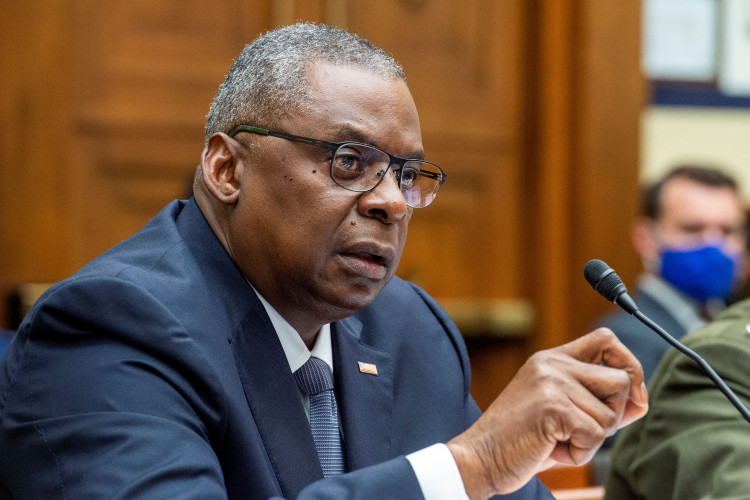The Biden administration faced a surprising oversight as President Joe Biden was unaware for several days that Secretary of Defense Lloyd Austin had been hospitalized due to complications from an elective surgery. This incident not only raised questions about the communication protocols within the highest ranks of the U.S. government but also highlighted the challenges of managing sensitive information concerning top officials' health.
Austin, a key figure in the administration, was admitted to Walter Reed National Military Medical Center on New Year's Day. Despite being involved in critical discussions about national security, including a call with Biden on the day of his hospitalization, his health status was not immediately disclosed to the President. National Security Adviser Jake Sullivan informed Biden of the situation only after learning about it himself.
In his first public statement after the incident, Austin acknowledged the "media concerns about transparency" and committed to better public communication in the future. However, he did not offer an apology for the delay in informing both the public and the White House, stressing that the decision on disclosure was his to make.
The Pentagon, under Austin's leadership, juggled multiple global challenges during his hospitalization. Deputy Defense Secretary Kathleen Hicks assumed his duties while on vacation in Puerto Rico, ensuring continuity in the Department of Defense's operations. Meanwhile, the U.S. conducted a controversial strike against a senior Iranian-backed militia member in Baghdad and responded to attacks against American bases and interests in the Middle East.
The situation in the region remained tense, with the Israel-Hamas war ongoing and Iran-backed Houthi militants targeting container ships in the Red Sea. The U.S. Navy's active engagement in the area, including shooting down Houthi missiles and sinking hostile boats, underscored the high stakes and delicate balance of power in the region.
As Austin recovers and reassumes his full duties, the incident serves as a reminder of the need for robust communication protocols and transparency, particularly concerning the health of individuals who hold critical national security positions. The administration's handling of the situation also reflects the broader challenges of managing crises and sensitive information in an increasingly complex and interconnected world.




